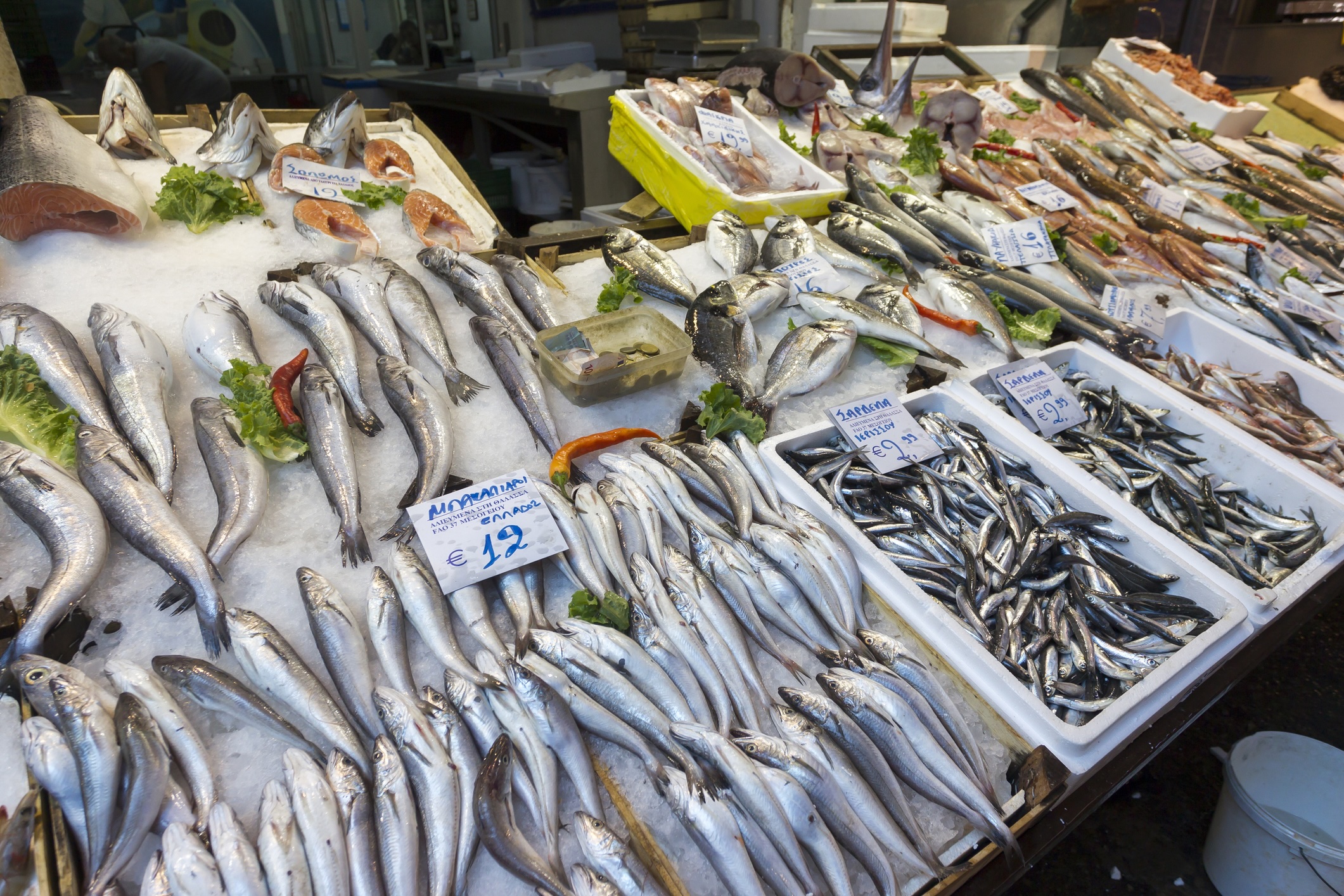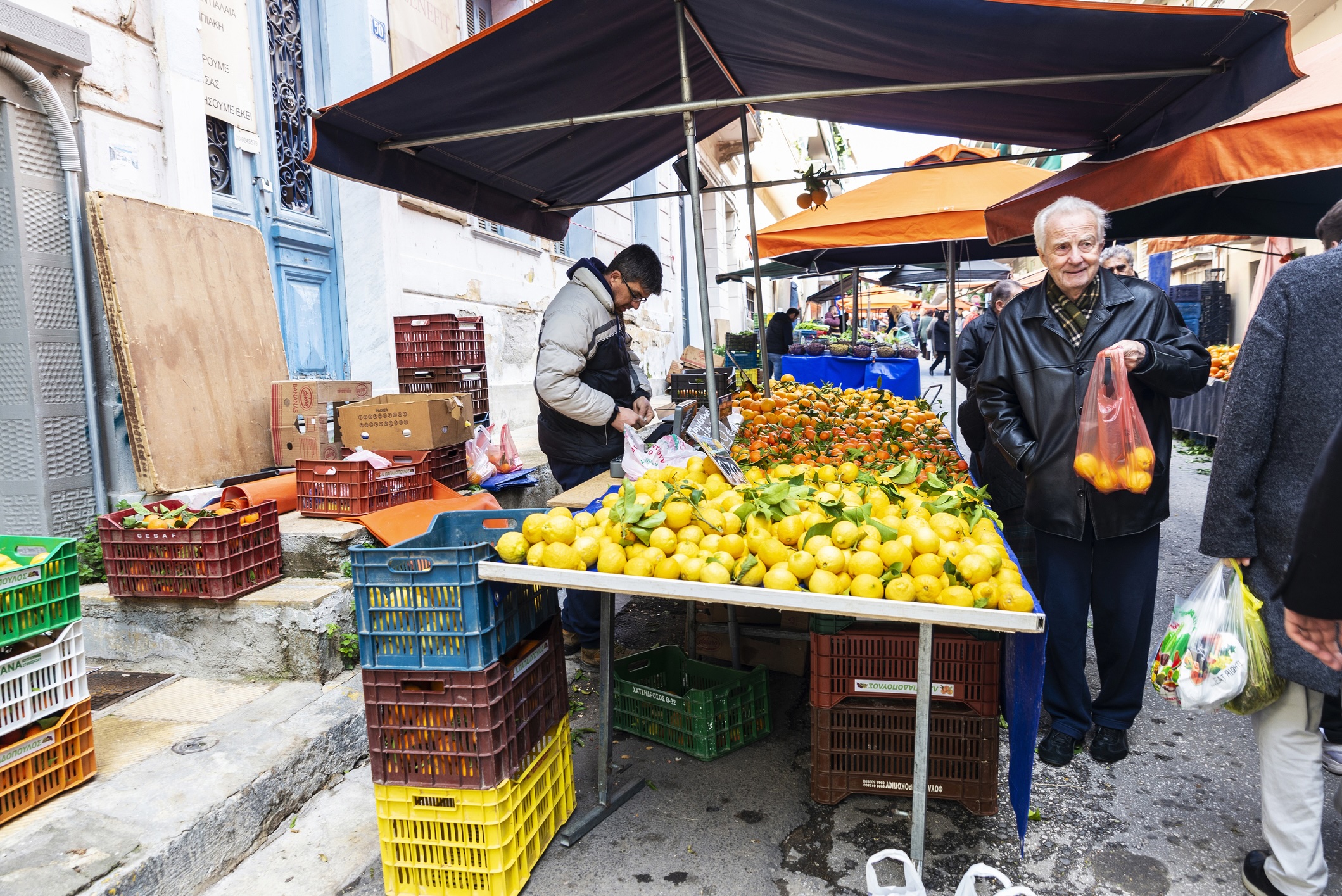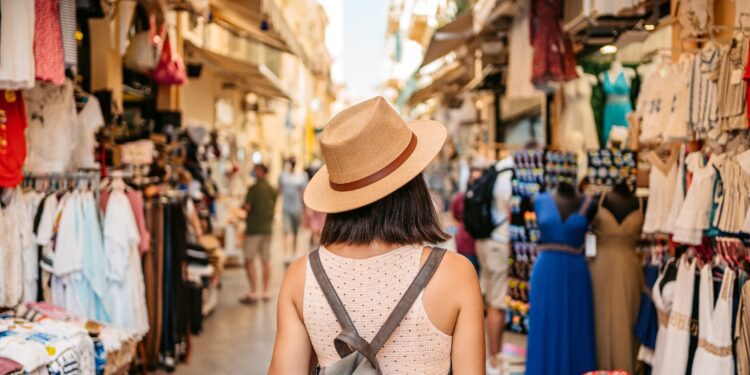Visiting a local market in Greece is a vibrant and enriching experience. From colorful produce and aromatic herbs to handmade crafts and fresh seafood, Greek markets are a feast for the senses and a gateway to local culture. But to make the most of your visit, it’s essential to understand the etiquette and customs that come with shopping in these bustling hubs.
Here’s your guide to navigating Greek markets with confidence, respect, and a touch of local flair.
1. Types of Markets in Greece
Before diving into tips, it’s helpful to understand the types of markets you’ll encounter in Greece:
Laiki Agora (Farmers’ Markets): These open-air markets take place weekly in towns and neighborhoods, offering fresh fruits, vegetables, olives, honey, and more. They are a favorite among locals for high-quality produce at reasonable prices.
Fish Markets: Coastal towns often have dedicated fish markets where you can find the day’s fresh catch, from octopus to sea bream. Arrive early for the best selection.
Bazaar-Style Markets: These are more common in larger cities like Athens and Thessaloniki, offering everything from textiles and clothing to antiques and souvenirs. Monastiraki Flea Market in Athens is a prime example.
Craft and Artisan Markets: Ideal for finding unique, handmade items such as pottery, jewelry, and leather goods. These markets often reflect the local region’s cultural heritage.

2. Greeting Vendors and Starting Conversations
Greek markets are social spaces where politeness goes a long way. Greet vendors with a friendly “Kalimera” (Good morning) or “Kalispera” (Good afternoon) as you approach their stall. Smiling and showing genuine interest in their products can set a positive tone for your interaction.
If you’re browsing but not buying, it’s perfectly fine to ask questions about the items on display. Vendors are usually happy to explain where their products come from or how they are made. Just remember to be respectful of their time, especially when the market is busy.
3. Shopping Tips: Quality Over Quantity
When shopping for fresh produce or goods, keep these tips in mind:
Inspect Before Buying: Vendors expect customers to examine produce, but handle items gently. If unsure, ask the vendor for assistance—many will gladly pick out the best items for you.
Taste Samples: It’s common for vendors to offer samples, especially for olives, cheeses, and sweets. Accepting a sample doesn’t obligate you to buy, but showing appreciation is always polite.
Ask About Prices: In most markets, prices are clearly displayed, but it’s fine to ask, “Poso kanei?” (How much is it?) if you’re unsure. Some vendors may offer discounts if you’re buying in larger quantities.
4. Bargaining: When and How
Bargaining is not a common practice at laiki agora or food markets, where prices are usually fixed and fair. However, in flea markets or artisan markets, it’s more acceptable to negotiate.
Tips for Bargaining:
- Be polite and friendly. Aggressive bargaining is frowned upon.
- Start by asking, “Ine dynato na kanete kaliteri timi?” (Can you give me a better price?)
- Offer a reasonable counteroffer, but don’t haggle over minor amounts—it’s considered disrespectful.
- Be prepared to walk away if the price doesn’t meet your expectations. Vendors will sometimes lower the price as you leave.
5. Payment Etiquette
Cash is king in Greek markets, especially in smaller towns. Have small bills and coins handy to make transactions smoother. While some vendors may accept cards, it’s best not to rely on this option.
After paying, always thank the vendor with a warm “Efharisto” (Thank you). They’ll appreciate the gesture, and it contributes to the friendly atmosphere of the market.

6. Supporting Local Farmers and Artisans
One of the joys of shopping at Greek markets is the opportunity to support local farmers, fishermen, and artisans. Many vendors take immense pride in their products, which are often grown, caught, or made using traditional methods.
Buying from these small-scale producers not only ensures fresh, high-quality goods but also helps sustain Greece’s rich agricultural and artisanal heritage.
7. Packing and Carrying Your Purchases
Bring a reusable bag or two when visiting Greek markets. Vendors will often provide plastic bags, but having your own is more eco-friendly and practical, especially if you plan to buy a lot. For fragile or perishable items, vendors may wrap them carefully, but it doesn’t hurt to carry an extra bag for added protection.
8. Be Mindful of Busy Times
Markets can get crowded, especially in the mornings. If you prefer a more relaxed shopping experience, visit later in the day. However, keep in mind that some items may sell out by then, and vendors may start packing up in the early afternoon.
9. Enjoy the Experience
Shopping at a Greek market is about more than just buying goods—it’s an opportunity to immerse yourself in local life. Take your time to soak in the vibrant atmosphere, sample new flavors, and engage with the people who bring these markets to life. Whether you leave with a bag full of produce or just a newfound appreciation for Greek culture, the experience is sure to be memorable.
Navigating Greek markets is a delightful adventure filled with colors, flavors, and friendly interactions. By following these tips and embracing the local customs, you’ll not only find the best products but also gain a deeper connection to the Greek way of life. So grab your shopping bag, head to the nearest market, and let the sights and sounds guide you through an unforgettable experience.










